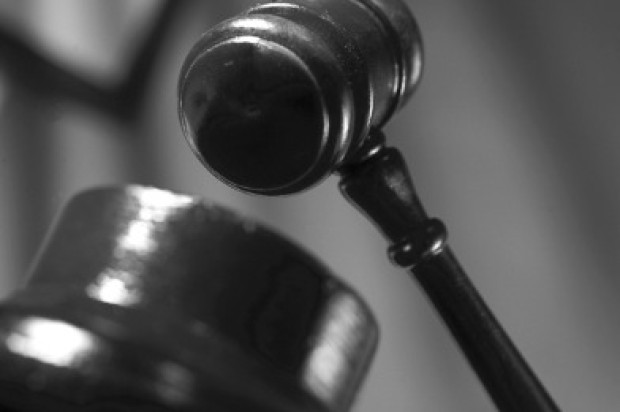
San Francisco’s top law enforcement and justice officials gathered today to celebrate the fifth anniversary of the Community Justice Center, a collaborative court that provides alternatives to incarceration for low-level offenders.
Since opening in 2009 at 575 Polk St., the CJC has handled more than 6,000 defendants, primarily those with drug or mental health issues who were arrested or cited for non-violent felonies and misdemeanors in the city’s Tenderloin, Civic Center, Union Square and South of Market neighborhoods.
Rather than send someone to a jail or prison term, the CJC creates an individual treatment plan and has a defendant meet regularly with a case manager while also attending court so a judge can monitor their progress.
San Francisco Superior Court Presiding Judge Cynthia Ming-mei Lee said the CJC “has greatly improved public safety and it has a proven record of helping people tackle the issues that lead to recurring involvement in the criminal justice system.”
District Attorney George Gascon was one of several top officials who attended today’s fifth-anniversary celebration.
“We can’t continue to incarcerate people on low-level offenses over and over again and expect to see a different result,” Gascon said.
Public Defender Jeff Adachi said the CJC is useful in helping people “find out what they need in order to survive and thrive” and has led to a sharp drop in narcotics cases handled in criminal court.
Stephen Bennett, 55, said he was an example of how the center can turn around people’s lives.
Bennett was arrested about 18 months ago for trying to sell methadone to an undercover police officer. Because of his prior criminal record, he said he faced a lengthy term in custody until he was referred to the CJC.
“If this program wasn’t here, I wouldn’t be here,” he said. “It gave me a chance and I ran with it, and I’ve been utilizing it every day.”
Bennett said he was homeless when he was taken into custody but now has an apartment. He said he has gotten a license to drive trucks but is still seeking full-time employment.
The CJC hears about 100 cases per day and in March 2013 expanded to include a Veterans Justice Court focusing primarily on veterans facing low-level criminal charges.
The center is a collaboration between San Francisco Superior Court, the city’s public health, sheriff’s, police and adult probation departments, the district attorney’s and public defender’s offices, the Bar Association of San Francisco and other agencies.
More information about the program can be found online at http://www.sfsuperiorcourt.org/divisions/collaborative/community-justice.
Dan McMenamin, Bay City News









